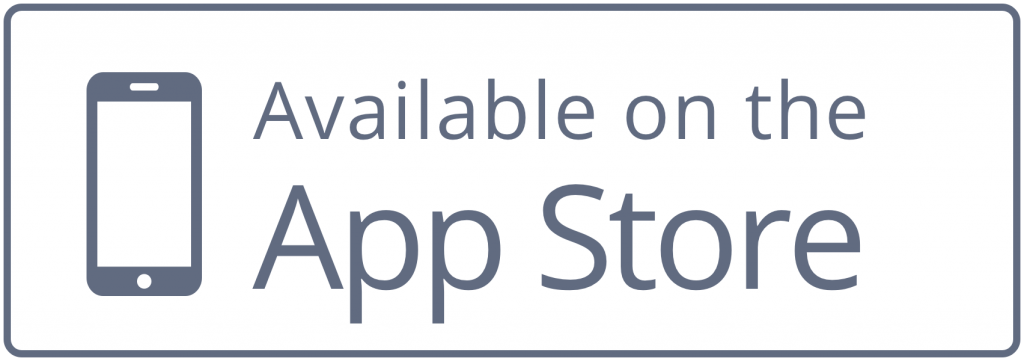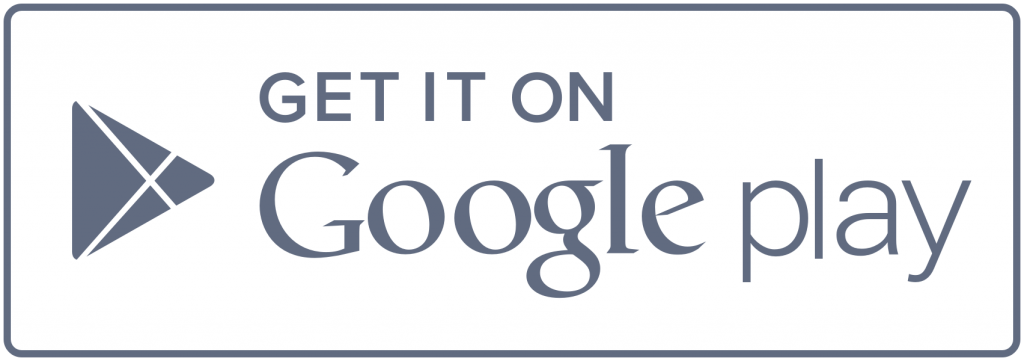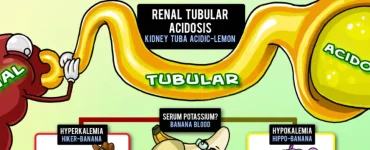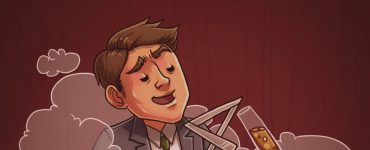Where did my medical school journey begin? I thought back on my journey as I answered this question:
“Why do you want to pursue medicine?”
It’s the question I was asked on my AMCAS application, numerous secondary applications, and every single medical school interview. You have to make sure your reason is unique, but that it’s not so crazy that you’ll be marked as unbelievable. Of course, you want your story to tug at heartstrings…but not so much that you turn into a sob story.
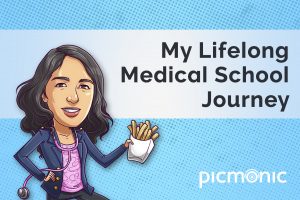 All in all, it’s a loaded question that requires the perfect answer; and everyone’s “perfect” answer will be a little different.
All in all, it’s a loaded question that requires the perfect answer; and everyone’s “perfect” answer will be a little different.
Now that I have less than 2 months until medical school classes start, I’ve been thinking more and more about my answer to this question and how it’s evolved over time. For those of you writing your personal statements, or even preparing for your flurry of interviews, this could give you some ideas on how to weave your lifelong medical school journey into a cohesive story. (If you’re still a couple years away from applying, here’s a snapshot of what I did to get into medical school.)
If AMCAS didn’t enforce a word limit, my personal statement would have looked like something like this…
How I Decided I Wanted to Be a Doctor
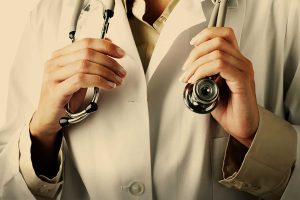 I was born on the east coast not too long after my parents, both medical graduates, had moved to the United States. At the time, my dad was doing his residency in a small hospital in a scary part of town and we all lived in a small apartment in an even scarier part of town.
I was born on the east coast not too long after my parents, both medical graduates, had moved to the United States. At the time, my dad was doing his residency in a small hospital in a scary part of town and we all lived in a small apartment in an even scarier part of town.
You know how in movies you’ll see grandparents telling their ungrateful children about how, back in their day, they used to walk hours in the snow to get to school? Well, my dad’s commute to work was pretty much like that (except it took place in my day and he never uses it to guilt trip me). You see, my parents didn’t have a car and had never experienced snow until coming to America. All of this ended in my dad, every morning, snow or sleet, walking to the nearest bus stop (which wasn’t’ near at all) and taking hours of public transportation so he could get to his hospital and spend hours as an overworked resident.
My mom took care of me at home, which must have been miserable because I was either throwing up or watching Barney (there was no in between). We lived a simple life with very little… but I don’t remember any of that because I was (1) a toddler and (2) my parents always gave me everything. Thankfully, internal medicine residency is only 3 years, so as soon as my dad was free, we moved west to an impossibly small town (population < 2000).
My father was one of three medical professionals in our small town. That fact alone catapulted me to celebrity status in the sense that everyone knew who I was. At first, I didn’t quite understand what my dad did; I didn’t get the hype. It wasn’t until my encounter with a new student in our second grade class that it hit me. I remember going up to that student after school and saying, “Hi, my name is Aimen! Let’s be best friends.” Upon introducing myself, my tentative new friend’s face lit up and he eagerly asked me if I was my father’s daughter. When I said yes, he exclaimed (as only a young child can), “Your dad cured my mom! He’s the best doctor ever!”
This realization hit me hard, as I began to realize that my dad spent his entire day helping people with their health. It was in that very moment that I decided I wanted to be a doctor too, and I kept that resolve for the rest of my life.
Taking the Hard Medical School Journey
 My parents, having gone through all the hurdles themselves, did a pretty solid job of mentally preparing me for how tough my medical school journey was going to be. In fact, after second grade I began apprehensively thinking about the medical school application.
My parents, having gone through all the hurdles themselves, did a pretty solid job of mentally preparing me for how tough my medical school journey was going to be. In fact, after second grade I began apprehensively thinking about the medical school application.
My anxiety increased incrementally with each passing year and I have a very vivid memory of sitting in my 6th grade math class, getting out my graph paper, and imagining (with dread) how difficult the MCAT was going to be. (Typical middle schooler, right?)
By the time I started college, I was determined not to let my medical school journey beat me. At this point, my dad was a physician at Mayo Clinic and my mom had reached a point in her career where she chose her own hours and rotated from urgent care to urgent care at her leisure. We were a world away from our east coast beginnings and, during that time, my parents had learned a lot about what it means to be a physician in America.
When choosing a major, I settled on biomedical engineering mainly due to my parents’ encouragement. They were determined to not let me box myself into a grueling profession without exploring what else was out there… and, if I still did end up choosing medicine (which of course I did), they knew I would choose it for the right reasons.
I’ll be completely honest: I HATED biomedical engineering during my freshman year. I struggled to adjust to a culture where it wasn’t all about the grades and where some professors even praised B’s and C’s (*scream* the horror). I resented my parents for convincing me to take this path, but at the same time I was too stubborn to admit defeat and switch majors (I was such a teenager).
It wasn’t until midway through my sophomore year, when I had almost decided to switch and major in biochemistry, that my attitude began to change. I thank my biomedical product design for that turn around because it taught me about public health in relation to third-world countries. This led me on a much-needed journey that allowed me to discover the two things I wanted to do once I became a doctor.
There’s So Much Out There
Fresh out of my product design class, I decided to volunteer on a one-week public health trip to Honduras at the end of my sophomore year. The point of our trip was to build showers and stoves and cement floors in rural homes while teaching the families about proper sanitation. It was hot, there were mosquitoes. I barely knew anyone, and I was pretty useless at mixing cement. (Those shovels are way heavier than they look.)
Regardless of all of that though, it was an amazing experience that helped me realize the dire need for health education. (I would encourage anyone thinking about pursuing medicine to go on a trip like this; it will really change your perspective on what it means to help others live a healthier lifestyle.)
My second realization came much later, during my senior year. By this point, I had gone through the motions of working in various research labs. However, nothing resonated with me long-term until I began my final Capstone project. For this, I had to make a medical device and pretend I was pushing it through the FDA. (The process is insane, just take a look.) Since my primary research focus had been the brain and motor coordination, I decided to make a rehab device that improved fine motor control in stroke patients.
I won’t get into the nitty gritty of the entire process (because that’s 4000 pages of documentation I’m sure you don’t want to read) but by the end of my senior year I knew that I had to have a permanent spot in the world of medical research and innovation. The way I see it is, if a patient has a problem, who better to design a solution than his or her doctor?
And doctors can be a part of the medical device world; that’s not reserved solely for engineers! I didn’t realize this until a recruiter from the FDA contacted me about an open position. During my interview, he casually mentioned how some of his coworkers were doctors who helped review new medical devices because they best understood human physiology. How cool is that?!)
All of these experiences shaped my desire for pursuing medicine. Coming into college, I didn’t have a vision for what I wanted to do or why I was doing it; I just wanted to go to medical school because that’s what I had imagined my entire life. But now I know I want to be a doctor because I’ll have the expertise and power to improve my patients’ lives not only in the operating room, but beyond it as well.
After all, if I don’t want to help my patients in every way I can, why would I even become a doctor?
Keep up with Aimen’s medical school journey as a first year medical student by following her on Instagram @lil_waimen.
Download our mobile app and take Picmonic on the go!

